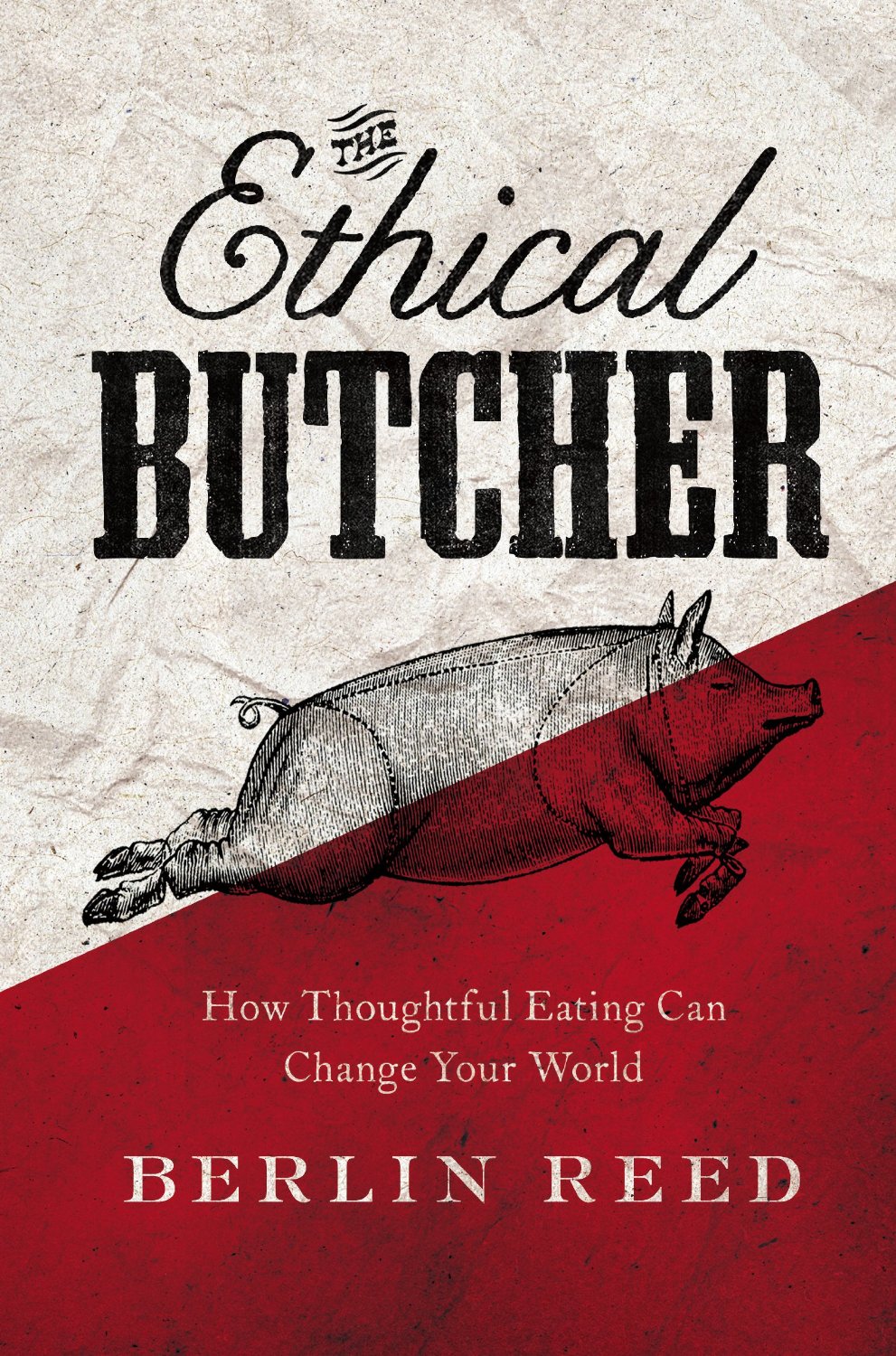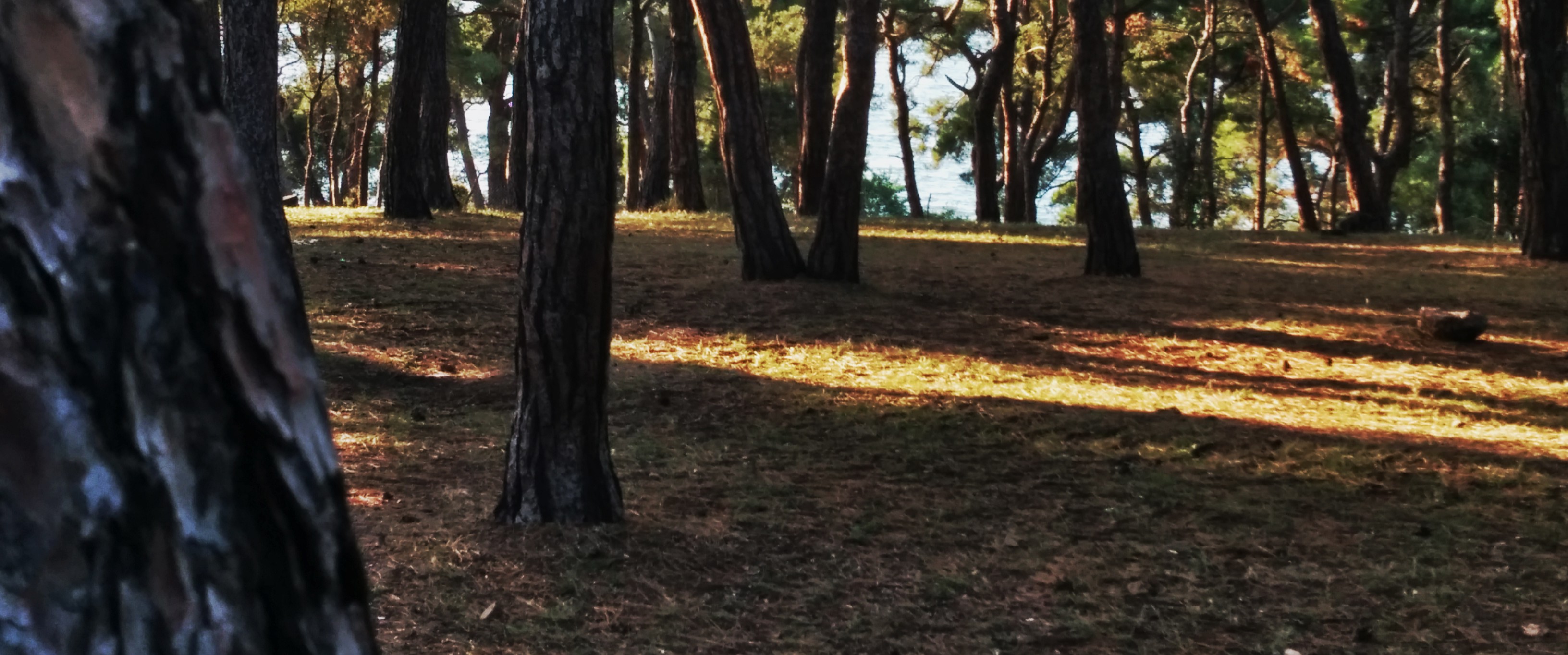Abecedarian
Sure, why not? If I’m going to tell it, and I’m not at all sure that I am, why not wrap it in structure, cover it with metaphor, poetry, asides? Better to bury it deep behind the chest wall, the pectorals, the silicone implants that stand in for ducts and fat and lobules, the scarred-up skin. Tell it muffled, tell it crooked, whisper it into a thousand layers of hospital green cotton, bubble it up through a vat of Adriamycin®. Or not. Maybe best not to tell it at all.
Backwards
Or tell it backwards. Start with the happy ending. But it’s the middle days now, eleven years on, and you can’t call yourself a survivor until something else kills you.
Cancer
“So the biopsy will get samples from the places we marked as troublesome on the mammogram, and we’ll find out what kind it is.”
“What kind of what?”
“Cancer. Cancer, of course.”
Dumbshit
Dumbshit. What do you think? They lead you to the room with the door, the room with an upholstered chair and a side table, pale rose carpet, magazines about flowers on a three-legged walnut occasional table. There’s soft music playing from somewhere, heaven it sounds like, classical, chamber music, not stern like Beethoven or scary like Mahler. The doctor takes off her white jacket before she comes in, sits across from you, knees almost touching. You can smell her breath. She’s had a mint. You think they brought you in here to tell you, everything looks great, see you in a couple of years? You should have said no, gone back to the coffin of a changing stall, grabbed your purse and jeans from under the discarded hospital gowns, and beat feet out of there. Dumbshit.
Ekphrasis
When she was three, my daughter, Viv, made her first representational picture. She drew herself as a small head atop long stick legs, holding hands with me, a blob thrice her size with a single hair swooping down from my scalp around her smiling face. For years I thought I looked like a bloated peanut. After the mastectomy, I realized I was a free-floating boob, an obvious visual metaphor from an artist who, when she created the picture, had spent the first third of her life breastfeeding.
Even before the mastectomy, I couldn’t remember the last time she latched on, that sharp draining pinch, the way she locked eyes. After, I knew I would never remember and lost it all again.
Fault
Strip it down and you’ll see, it’s my fault. And I’m not talking New Age bullshit, negative energy, stress. Cancer’s not a thought crime. I’m talking about taking responsibility at the cellular level. My body is doing this. So it’s me that gets gutted and me that offers up my veins for the nurse to push the poison in, like a junkie too weak to shoot up on her own.
Goldfinch
In April of 2008, maybe a week before my diagnosis, a goldfinch, slicker yellow and black, attacked my apartment window, or more likely made love to it, or more likely made love to his own reflection. I took a hundred pictures on my iPhone. Even now, one will occasionally pop up in this or that MacBook file. The bird reminded me of my Gram, who loved birds, especially the flashy ones. Now, in April, when the goldfinches start crowding Nick’s feeders, occasionally braining themselves on the cabin’s kitchen windows, I feel sick, like I swallowed a mussel I knew straight away was bad. I want Nick to go out and shoot them dead, one by one, like the squirrels he used to pick off from our back porch that weird year in the suburbs.
Haiku
Flip of a copper,
flash of fire, goldfinch stop your
shitting on my rock.
Behold! The breasts are naught, and ovaries too!
Jack
I didn’t see my younger brother for the year of my surgeries and chemotherapy and for more than a year after that. He would have come if I asked, but I didn’t. We had rooms next to each other growing up, thin-walled blue and pink pastel boxes at one end of the second floor of a Midwestern cul-de-sac colonial. In summer, nights smelled like damp grass; in winter, scorched irons. He would knock on the wall and say “see you tomorrow.” I would answer, “Maybe. Maybe not. What if one of us dies in our sleep?”
I regret that now.
Kate is my name not hers
Jack and his wife adopted a baby girl from Korea about three years before my diagnosis. She’s named “Cate” after Ann’s mother, Catherine. Jack told me that so many times, I called the baby “Cate-not-named-after-me.” After I had surgery but before the chemo, he called me to tell me that Cate really was named after me. No, I said, and changed my name to KT. Now if Kate dies in the night, it won’t be either of us.
Locket
In Victorian times, it was all the rage to wear a locket containing a hank of hair from a departed loved one. Sometimes the lockets were made of glass so you could get a good look at the clippings. Sometimes the mourners would fashion the pendant out of the hair itself and bypass the locket altogether. It was as if they reached out for the newly dead to stop them from passing over but only managed to come back with fistfuls of hair and bits of tattered scalp.
My husband buzzed his bad boy mane down to a half-inch around the time the chemo drugs ate through my last follicle. Viv wouldn’t look at me bald. I had to put on a scarf or a wig.
Monometer
Cancer.
Don’t say
a word.
The cells
hear you.
They will
divide to
the beat of
your natter.
Ignore
them. Let
them buzz
off to
bother
someone
stronger,
nothing but
a honeybee
you don’t
swipe at.
No
No no no no no no no. No. No.
Octameter, Trochaic
It’s rare the doc said when I woke to see nodes full of cells like these.
PTSD
It wasn’t a bomb blasting through my Humvee, taking my leg, my best buddy’s face. But I didn’t see it coming, and they had my breasts sheared off and me drinking rat killer every three weeks before I registered the boom. Now I can’t turn on the computer without getting smacked with a pop-up of another star who’s got it or, worse, got it again. Viv’s allergies kick in, and I plan a funeral. I steer family vacations to spots where I wouldn’t mind my ashes scattered, if it comes to that. It’s all augury now, and the news is bad. So shouldn’t I get a dog to open doors for me and chew up the magazine articles that say my implants are killing me? Shouldn’t I get to smoke weed on the taxpayer’s dime?
Quiet
Shhh. Enough.
Real (as in what’s and what’s not)
Years before cancer, I was driving from dropping Viv off at daycare and turned toward the zebra-stripes of a crosswalk all but erased by the glare of the rising sun. For a moment, an oak shaded enough rays for me to spot the old woman. That moment, she had the look of a person who had walked that way every day of her life and every day expected to get run down: wobbling gait, rounded shoulders, eyes fat with surprise, lips tight in expectation. When the car came to a stop, I jumped out. I’m so sorry, I’m so sorry, I said, my chest burning like I’d chugged Texas Pete. You almost hit me, she said, one foot frozen in forward stride, as if locking in time the moment before. I gave her a bottle of water I had in my front seat, took one myself, we both needed to wash the taste of what wasn’t out of our mouths. But she didn’t drink, instead repeated, you almost hit me. I know, I know, I’m sorry, I’m sorry, I backed my way to my car, away from her still still frame, got out of there before she could take my license plate number and report me for what I nearly did. To this day, I think of that day with guilt and shame and a deep longing that what didn’t happen had never happened and not changed my life the way it didn’t.
Spondee
Stop it!
Trochaic Octometer
From the nodes the cells disperse to soak my blood in death’s own sapor.
Unlucky
No bad genes. No family history. Don’t smoke. Don’t drink. Eat organic, grow my own food. Exercise, breastfeed, meditate. Multivitamin. Pink ribbon runs every year. Pink ribbons on my Subaru. Unlucky, I guess.
Viv
I’m sorry. I’m so sorry. You didn’t ask for a mother without a breast to clasp you to. You didn’t deserve the one who showed up that summer camp visiting day, July 2008, smelling of iodine and rotted fruit. My wig slipped sideways through the sweat on my forehead. The swing top I bought at Target the week before could hardly cover my ravaged torso, still hung with tubes and seeping blood. I made you cry. Who does that to a child?
Write About It
Oh no. You took my sleep. You salted my water. You ripped me away from every person and place I loved, and when I got back, you’d repainted and moved the furniture around, greys and blues, not my colors, and I can’t get comfortable in those sling back chairs. You took my courage, my willingness to invest in two-year calendars, both breasts, both nipples, both ovaries. You drained my tears. You took my quiet heart and replaced it with a thrashing spleen, pumping bile and making even watermelon taste like sick. What’s left but the writing? Oh no.
X-ray
In late 2011, around the third anniversary of my finishing up with chemotherapy, and three-and-a-half years since cancer had been detected anywhere in my body, I tripped on a step and shattered my right knee cap. It hurt like hell, I told the X-ray technician, and he said, I can see why but wouldn’t give details until the doctor came. When he did, he explained the extent of the injury, gave me a referral for an orthopedic surgeon, and asked if I had any questions. Tell me the truth, I said, is it cancer? He didn’t respond with more than a sideways look but refused to prescribe painkillers stronger than Tylenol-3.
Yes
Yes. Ten years. Yes. Now eleven. Yes yes yes yes yes. No.
Zorro
For the past twenty-five years, the first week of August, my family has gone to a dude ranch in the San Juan Mountains on Colorado’s southern border. At the ranch, they tell something called “The Legend of Zorro,” which isn’t a proper legend because it really happened. I met the horse involved. But semantics aside, the story goes like this:
In 1994, one of the ranch’s trail horses, a roan gelding named “Zorro” for the “Z” branded on his flank, got separated from a group of guests and a wrangler on a backcountry camping trip. Search parties were sent out, but no one caught sight of the animal for the rest of the season, though some heard disembodied whinnies floating through the aspens, and others, the rustling of hoofs on sagebrush just beyond the next hill. That fall, Zorro was spotted by cowboys moving cattle, and that winter, by hunters after elk. Summer of 1995, guests on another camping trip came upon Zorro grazing in a meadow but as they moved closer, he ran off over a ridge. More search parties, a reward offered, the Forest Service involved, and still another summer passed without bringing Zorro home. In the spring of 1996, the ranch got a call from a neighbor. They’d seen the big roan drinking at the Conejos River where it bent through their property. The wranglers piled their lassos and halters on vehicles and mounts, but they hadn’t needed to bother. Zorro followed them back to the ranch’s barn. The next day, he let himself be saddled up, no problem. He rejoined the herd, hauled guests again, charged into the arena once a week for the gymkhana, carrying the ranch’s cowgirl boss and the American flag at a full gallop. It was, they say, as if his two years alone in the wild never happened.
I want to believe that ending. But I’ve seen Zorro in the corral, ears up, neck craned away from the other horses as they nose each other and roll in the dust. His head turns more often to the western mountain peaks—Faith, Hope, and Charity—than to the trough. Maybe those days on the run really are just a memory, a flicker in that pea brain. But then again, maybe every mountain breeze carries fear with the scent of pine. In a blink, in one sunset, one sunrise, in a flash of a mammogram or the whisper of the surgeon’s knife, you could be back out there, everyone looking for you but no way to get home. Better to keep your ears cocked, your eyes open. Maybe it’ll be easier next time if you see it coming.
Photo Credit: Couleur via Pixabay




